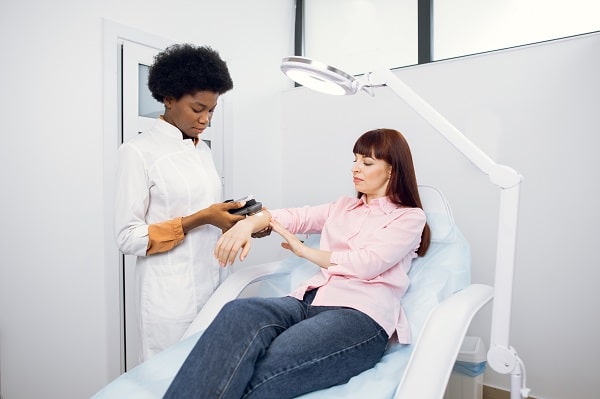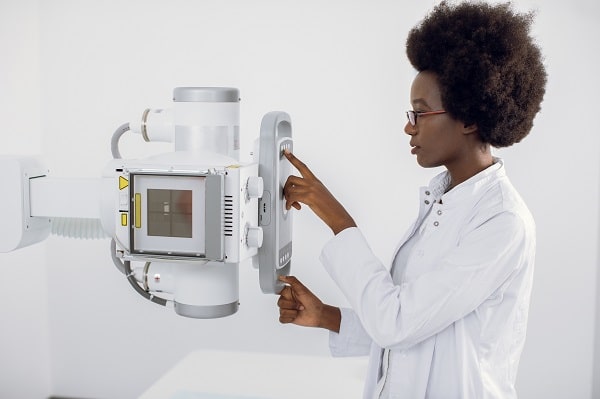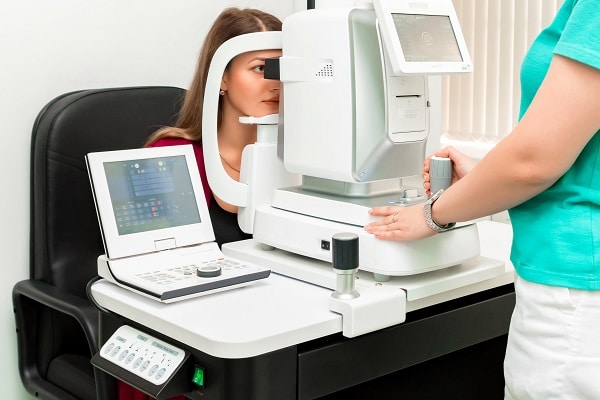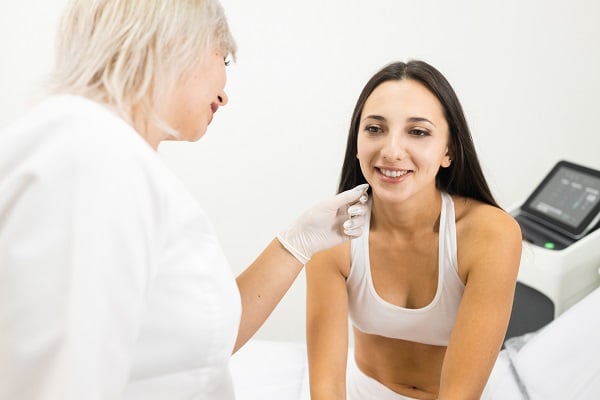Have you ever wondered if you are as healthy as you can be? While a lot can go into that answer, there are a few ways you can get a clearer picture. When you go to the doctor, there are a number of tests that they can run in order to determine if anything is wrong with you. Some tests are more important than others, and it is essential to know which ones you should ask your doctor about. This article will discuss the different types of tests that you should have done at your next check-up.
Contents
Blood Sugar Test

A blood sugar test measures the amount of sugar in your blood. It’s also known as a fasting blood sugar test or an FBG test. Fasting means you haven’t eaten or drunk anything except water for at least 8 hours before the test. Your doctor may recommend a blood sugar test if you have diabetes or if you’re at risk for diabetes.
People with diabetes need to keep their blood sugar levels under control to prevent serious health problems, such as heart disease, stroke, kidney disease, and blindness. A blood sugar test is quick and straightforward. A health care professional will take a small sample of your blood by pricking your finger. Then they’ll put the sample on a special strip that measures blood sugar levels. The results will be available within minutes.
If your results show that your blood sugar level is higher than average, it could be a sign of diabetes. Your doctor will likely do more tests to confirm the diagnosis and develop a treatment plan. Untreated diabetes can lead to serious health problems, so it’s important to get diagnosed and treated as soon as possible.
Cholesterol Level Test

A cholesterol level test is a simple blood test that measures the amount of cholesterol in your blood. High cholesterol levels can increase your risk of heart disease, stroke, and other serious health problems. That’s why it’s crucial to have your cholesterol level checked by a doctor on a regular basis. There are two main types of cholesterol: LDL and HDL. LDL, or “bad” cholesterol, can build up on the walls of your arteries and form plaques.
These plaques can narrow or block your arteries, leading to heart disease, heart attack, or stroke. HDL, or “good” cholesterol, helps to remove LDL from your arteries and prevent plaque buildup. The goal of treatment is to lower your LDL level and raise your HDL level. In addition, there are several lifestyle changes you can make to improve your cholesterol levels, such as exercising more and eating a healthy diet.
If these changes aren’t enough to lower your LDL level, your doctor may prescribe medication. Having a cholesterol level test is an important way to stay healthy and protect yourself from heart disease and stroke.
Cancer Screening

A cancer screening is a medical test used to look for signs of cancer in the body. Cancer screening aims to find cancer early when it is most likely to be curable. There are many different types of cancer screenings, and the specific screening test for you will depend on your age, gender, family history, and other factors. Unfortunately, even though cancer screenings can be lifesaving, many people do not get them done.
There are several reasons for this, including fear, lack of knowledge, and cost. However, it is essential to remember that many insurance plans cover cancer screenings, and there are also many financial assistance programs available. In addition, many screenings can be done in just a few minutes, and they may save your life.
Bone Density Check

A bone density check is a test that measures the strength of your bones. It can detect osteoporosis, a condition in which your bones become weak and brittle. Typically, medical professionals will perform bone density tests on the hip and spine, and doctors compare your results to norms for people of the same sex and age group. If your results are lower than average, it may indicate that you have osteoporosis.
Bone density tests are painless and usually take less than 10 minutes to complete. Most times, your insurance will cover this test, and many doctors recommend that all adults over the age of 50 should have one every two years. Having a bone density test is a simple way to take proactive steps toward maintaining your bone health as you age. So talk to your doctor about getting a bone density test!
Eye Exam

Most people are familiar with the eye chart test, where you read progressively smaller letters from a distance. But there’s actually a lot more to an eye exam than that. Your optometrist or ophthalmologist will also check your eyes for signs of disease, assess your risk for future problems and evaluate how well your eyes are working together. They’ll also take measurements to determine the right prescription for glasses or contact lenses.
Even if you’re not having any vision problems, it’s important to have a regular eye exam, as many eye diseases do not have any symptoms in the early stages. In some cases, early detection and treatment can help prevent vision loss. So if you’ve been putting off that eye exam, there’s no time like the present to schedule an appointment.
Skin Check

A skin check is a medical exam of the skin to look for early signs of skin cancer. A dermatologist usually does the exam, and it generally takes less than 30 minutes. During a skin check, the doctor will examine your entire body, including places typically not exposed to sunlight, such as the scalp, soles of the feet, and under the fingernails. They will also look for any changes in existing moles or freckles.
Skin cancer is the most common type of cancer in the United States and is curable if detected early. As you can see, it’s essential to have a skin check every year, even if you don’t have any noticeable changes on your skin. If you have a family history of skin cancer or you’ve had prior skin cancer, you may need to have more frequent skin checks. Talk to your doctor about how often you should have a skin check based on your individual risk factors.
Don’t Hesitate To Get These Tests!
These are just a few of the basic tests you should have done at the doctor. Of course, there are many other tests and screenings that may be recommended based on your age, gender, family history, and lifestyle. So be sure to talk to your doctor about which tests are right for you. And remember, early detection is key to maintaining your health and preventing disease. So don’t hesitate to get the tests you need!


